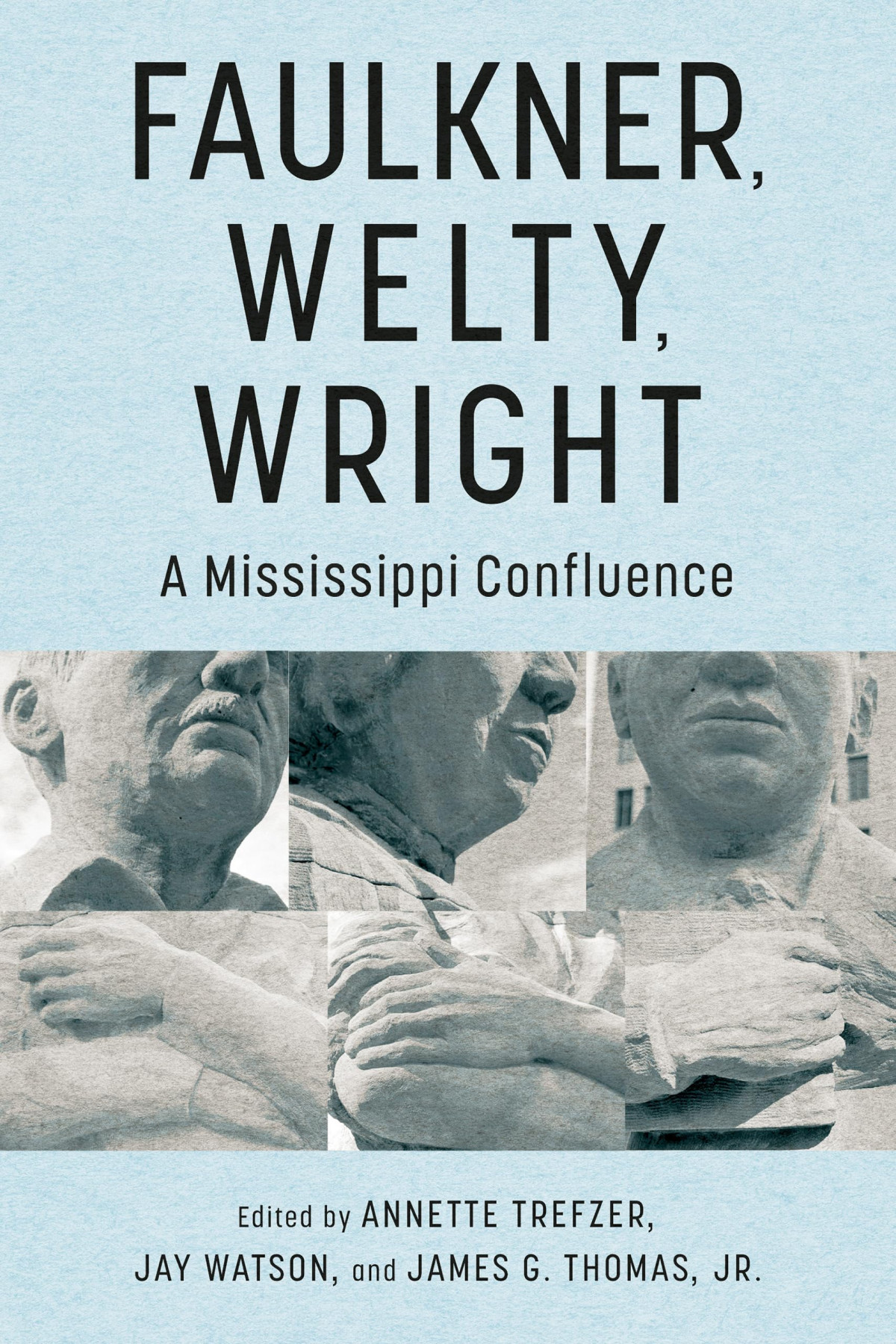

Most ebook files are in PDF format, so you can easily read them using various software such as Foxit Reader or directly on the Google Chrome browser.
Some ebook files are released by publishers in other formats such as .awz, .mobi, .epub, .fb2, etc. You may need to install specific software to read these formats on mobile/PC, such as Calibre.
Please read the tutorial at this link: https://ebookbell.com/faq
We offer FREE conversion to the popular formats you request; however, this may take some time. Therefore, right after payment, please email us, and we will try to provide the service as quickly as possible.
For some exceptional file formats or broken links (if any), please refrain from opening any disputes. Instead, email us first, and we will try to assist within a maximum of 6 hours.
EbookBell Team

4.1
40 reviewsWorking closely in each other’s orbit in Mississippi, William Faulkner, Eudora Welty, and Richard Wright created lasting portraits of southern culture, each from a distinctly different vantage point. Taking into consideration their personal, political, and artistic ways of responding to the histories and realities of their time and place, Faulkner, Welty, Wright: A Mississippi Confluence offers comparative scholarship that forges new connections—or, as Welty might say, traces new confluences—across texts, authors, identities, and traditions.
In the collection, contributors discuss Faulkner’s Light in August; Sanctuary; Go Down, Moses; As I Lay Dying; “A Rose for Emily”; and “That Evening Sun”; Welty’s One Writer’s Beginnings; One Time, One Place; The Optimist’s Daughter; Losing Battles; “Why I Live at the P.O.”; “Livvie”; “Moon Lake”; “The Burning”; “Where Is the Voice Coming From?”; and “The Demonstrators”; and Wright’s Native Son; The Long Dream; 12 Million Black Voices; Black Boy; Lawd Today!; “The Man Who Lived Underground”; “The Ethics of Living Jim Crow”; and “Long Black Song.”
Acknowledging that Mississippi ground was never level for any of the three writers, the fourteen essays in this volume turn from the familiar strategies of single-author criticism toward a mode of analysis more receptive to the fluid mergings of creative currents, placing Wright, Welty, and Faulkner in comparative relationship to each other as well as to other Mississippi writers such as Margaret Walker, Lewis Nordan, Natasha Trethewey, Jesmyn Ward, Steve Yarbrough, and Kiese Laymon. Doing so deepens and enriches our understanding of these literary giants and the Mississippi modernism they made
…